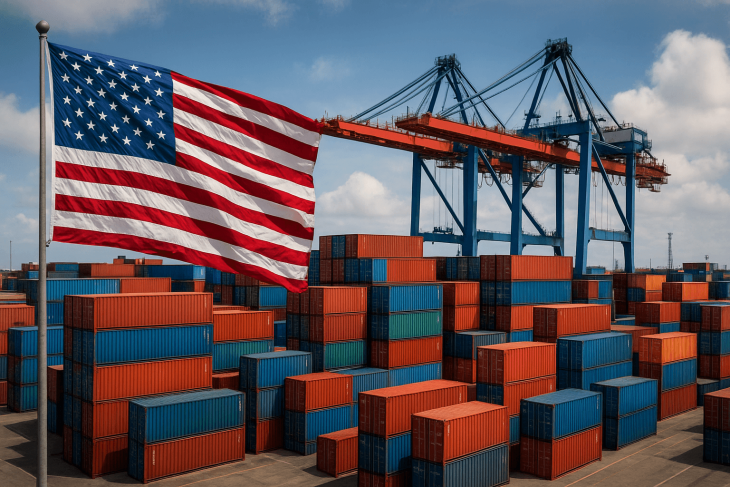
By Publisher Ray Carmen
A landmark ruling from a US federal court has thrown a spotlight on former President Donald Trump’s trade policies, declaring many of his sweeping global tariffs unlawful.
The case centred on Trump’s controversial use of Section 232 of the Trade Expansion Act, which he invoked to impose tariffs on a wide range of imports, citing national security. Critics long argued that the move was less about security and more about protectionism, designed to shield American industries while rattling international trade partners.
The court’s decision not only challenges the legality of those tariffs but also raises broader questions about presidential powers in shaping trade policy. By branding many of Trump’s tariffs illegal, judges effectively rolled back one of the most contentious legacies of his administration, which strained relationships with the European Union, China, Canada and beyond.
The ruling may have lasting global impact. Countries affected by Trump’s measures could now seek reparations or retaliatory relief, while President Joe Biden’s administration faces pressure to clarify America’s trade direction. Observers note that the decision might also embolden critics of unilateral trade wars, reinforcing the idea that long-term prosperity hinges on cooperation rather than confrontation.
For businesses and consumers worldwide, this judgment is a welcome turn. Tariffs often translated into higher costs, supply chain bottlenecks, and tit-for-tat barriers. The reversal offers a glimmer of hope for smoother commerce at a time when global economies remain fragile.
Trump, who continues to loom large on the US political stage, is expected to appeal — ensuring the fight over tariffs is far from finished. But for now, the ruling delivers a decisive blow against economic nationalism and reopens the debate about America’s role in global trade.




